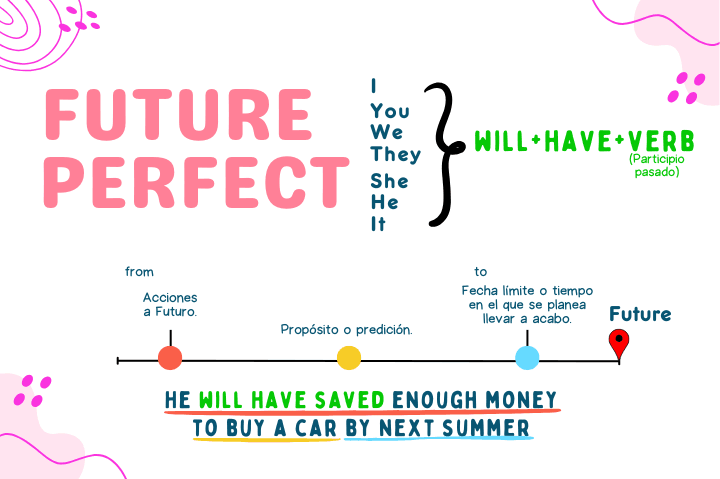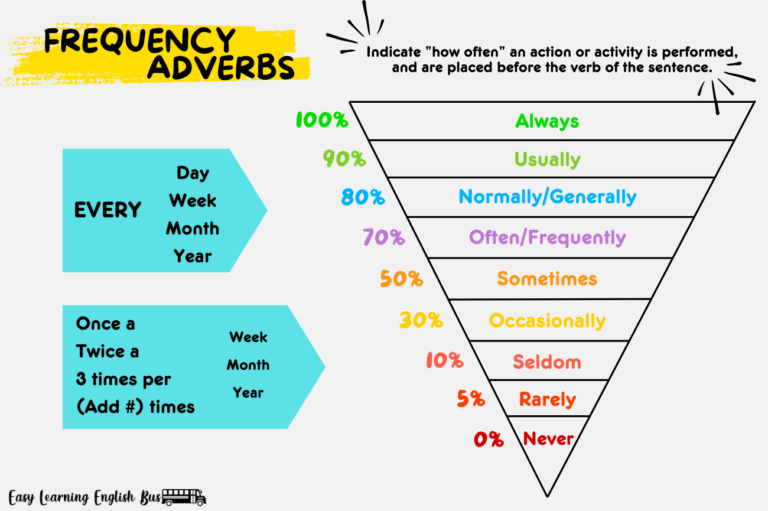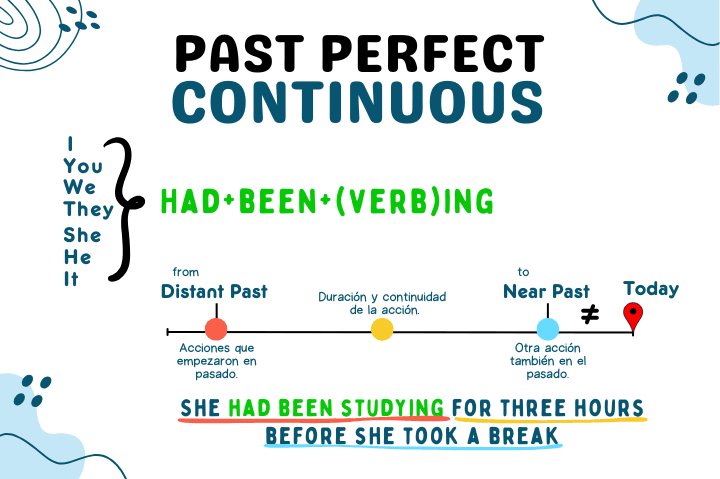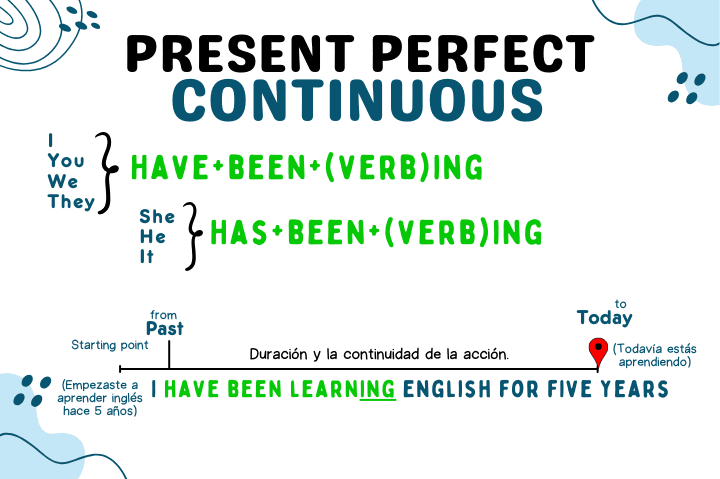
¿What is the Future Perfect?
El Futuro Perfecto o The Future Perfect tense en inglés, es un tiempo verbal que se utiliza para hablar de eventos o expectativas que se completarán antes de otro evento futuro específico. Por ejemplo, en la planificación de proyectos, es útil saber qué tareas se completarán antes de una fecha límite específica. También se puede usar para hacer predicciones sobre eventos futuros basadas en la información presente.
Es importante tener claro el futuro simple (Will) y el presente perfecto (have + participio pasado), ya que el Future Perfect tense es una combinación de estos dos tiempos verbales. Por lo tanto, te recomendamos estudiar primero esos temas antes de continuar con el Futuro Perfecto en Inglés.
Table of Contents
Estructura del Future Perfect en Inglés:
La estructura del futuro perfecto se divide también en 3 al igual que la mayoría de tiempos verbales, Tenemos Afirmativo, negativo e interrogativo. Siempre se parte como base en cualquier tiempo verbal la estructura afirmativa. La cual podrás conocer a continuación.
Affirmative(+)
Affirmative(+)
Sujeto + will have + participio pasado del verbo + complemento
Ejemplos:
- We will have completed the task by the deadline.
- Habremos completado la tarea antes de la fecha límite.
| Sujeto | Examples: the future perfect | Ejemplo en Futuro Perfecto |
| I | I will have finished my work by 6 PM. | Habré terminado mi trabajo para las 6 PM. |
| You | You will have learned the lesson by tomorrow. | Habrás aprendido la lección para mañana. |
| He | He will have left by the time you arrive. | Él habrá salido para cuando llegues. |
| She | She will have written the report by the end of the day. | Ella habrá escrito el informe para el final del día. |
| It | It will have stopped raining by this evening. | Habrá dejado de llover para esta noche. |
| We | We will have finished the project by next week. | Habremos terminado el proyecto para la próxima semana. |
| They | They will have arrived by 8 PM. | Ellos habrán llegado para las 8 PM. |
Negative (-)
Negative (-)
Sujeto + will have not/ won’t + participio pasado del verbo + complemento
Ejemplos
- I will not (won’t) have completed my assignment by tomorrow.
- No habré completado mi tarea para mañana.
- You will not (won’t) have traveled to five countries by the end of this year.
- No habrás viajado a cinco países para el final de este año.
- He will not (won’t) have saved enough money to buy a car by next summer.
- Él no habrá ahorrado suficiente dinero para comprar un coche para el próximo verano.
- She will not (won’t) have learned to speak French by the time she moves to Paris.
- Ella no habrá aprendido a hablar francés para cuando se mude a París.
- We will not (won’t) have finished painting the house by the weekend.
- No habremos terminado de pintar la casa para el fin de semana.
Interrogative(?)
Interrogative(?)
Will have + sujeto + participio pasado del verbo + complemento +?
Ejemplos:
- Will I have finished the report by 5 PM?
- ¿Habré terminado el informe para las 5 PM?
- Will you have completed your homework by the time the class starts?
- ¿Habrás terminado tu tarea para cuando empiece la clase?
- Will he have prepared everything before the guests arrive?
- ¿Habrá preparado él todo antes de que lleguen los invitados?
- Will she have achieved all her goals by the end of the year?
- ¿Habrá alcanzado ella todas sus metas para el final del año?
- Will they have reached their destination by midnight?
- ¿Habrán llegado ellos a su destino para la medianoche?
Ejemplos: How Use the Future Perfect tense in English
Estudios y graduación:
- By next year, I will have graduated from college.
- (Para el próximo año, habré terminado la universidad.)
- La graduación se completará antes del próximo año.
- (Para el próximo año, habré terminado la universidad.)
Proyectos y plazos:
- She will have finished the project by tomorrow.
- (Ella habrá terminado el proyecto para mañana.)
- El proyecto estará terminado antes de mañana.
- (Ella habrá terminado el proyecto para mañana.)
Viajes y llegadas:
- They will have arrived by now.
- (Ellos habrán llegado ya.)
- Se espera que ya hayan llegado.
- (Ellos habrán llegado ya.)
Tareas y fechas límite:
- We will have completed the task by the deadline.
- (Habremos completado la tarea antes de la fecha límite.)
- La tarea estará terminada antes de la fecha límite.
- (Habremos completado la tarea antes de la fecha límite.)
El Futuro Perfecto en Inglés es un tiempo verbal avanzado en inglés que requiere un buen entendimiento de otros tiempos verbales como el futuro simple y el presente perfecto. Comprender y dominar estos conceptos previos es esencial para utilizar el futuro perfecto de manera efectiva. Al estudiar y practicar el futuro perfecto, podrás describir eventos que se completarán antes de un momento específico en el futuro, mejorando así tu fluidez y precisión en inglés.


